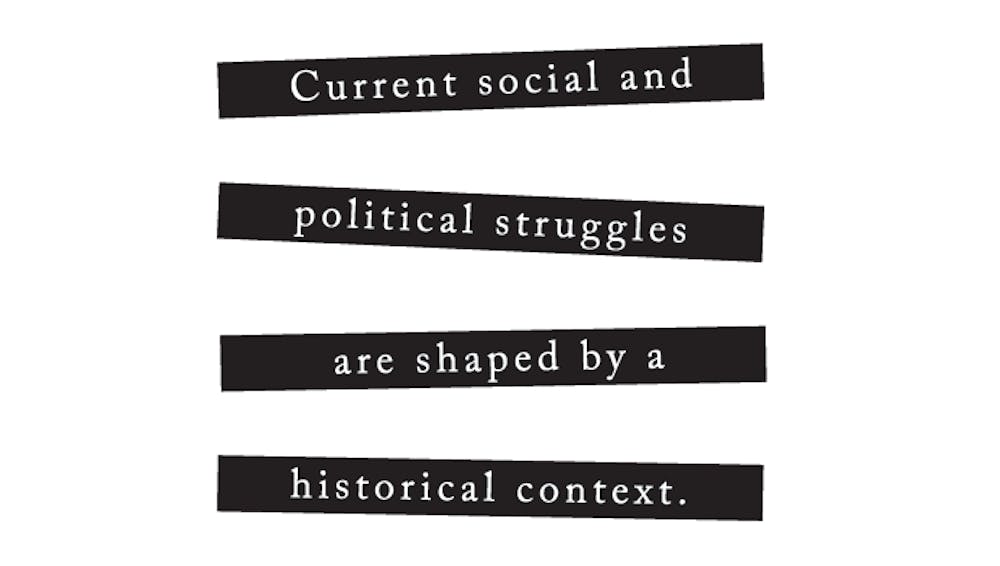In an office filled with books and stacks of papers in the Ernest F. Hollings Special Collections Library lies the headquarters of The Center for Civil Rights History and Research. CRC was established in 2015 with the acquisition of the archive of Congressman James E. Clyburn. The Center works with faculty and University librarians to chronicle South Carolina’s important contributions to the Civil Rights Movement. The mission of the center is accomplished through collections of images, videos, and documents, educational lectures from scholars, and firsthand accounts from those who lived and fought in the Movement.
“As part of the center’s mission, we work to analyze and document how current social and political struggles are shaped by a historical context,” Dr. Bobby Donaldson, history professor and director of the Civil Rights Center says. “We also seek to train a young cohort of historians and teachers who will continue to preserve these incredibly important stories from the past.” To do this, the Center offers opportunities for graduate and undergraduate students with a passion for Civil Rights History to gain an intimate understanding of what it takes to collect, record, and curate information for public use. Having staff members at different levels in their academic journeys with diverse passions and interests creates a space where each budding scholar can showcase their unique skills. “I’ve learned so much about Columbia and the power of history by working with the Civil Rights Center.” Jill Found, PhD student and graduate assistant for the center says, “The Center has helped me to build my personal research skills with a clear purpose - helping other people to understand the complex, and often hidden, history of the Civil Rights Movement in South Carolina.”
One of the highlights of the Civil Rights Center is its access to living history. CRC has been able to bring notable historic figures whose contributions have made large impacts in local and national Civil Rights struggles. Some notable visitors to USC have been Cleveland Sellers, Connie Curry, Judy Richardson and Charles McDew who were all active members in the Student Nonviolent Coordinating Committee.
Encounters with those who experienced history first-hand have truly enhanced the education of the staff members and those attending Civil Rights Center events. Patrice Green, dual public history and library science graduate student and Graduate Assistant Archivist for the Center says “Working with CRC has been more humbling than anything. Every week, I get to meet someone new that helped enable me to do something so simple as walk through the front doors of buildings.” Going forward, the Center continues to build new collections and provide learning opportunities for those who want to know more about a transformative movement in the nation’s history.
To learn more about Civil Rights Center events or how to get involved, visit http://civilrights.sc.edu.



